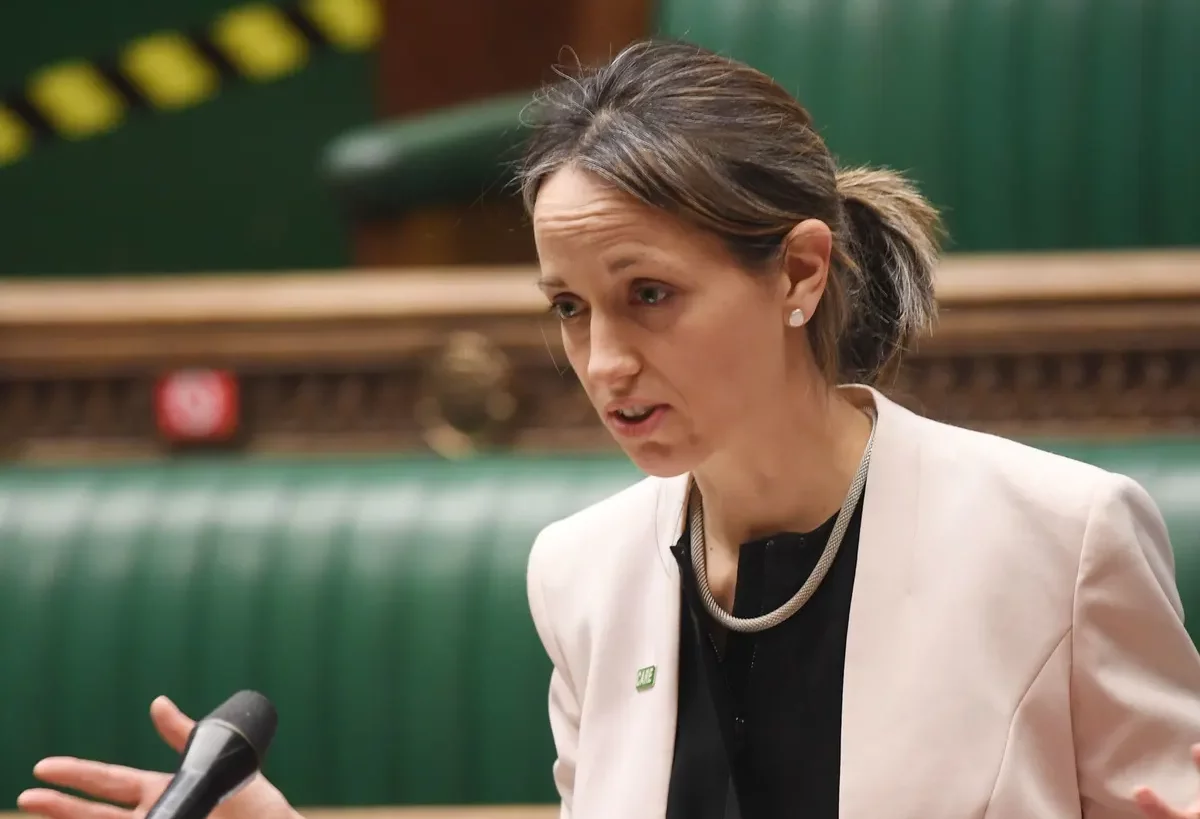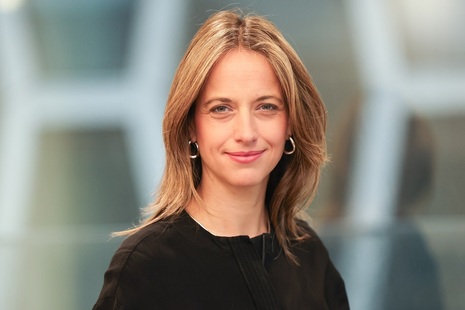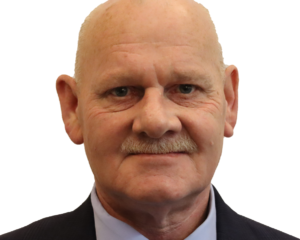The Care Minister, Helen Whately, has declined to support Matt Hancock’s assertion that the government established a “protective ring around care homes” during the initial stages of the pandemic. Whately, who served under the former Health Secretary for the first 18 months of the Covid crisis, chose not to endorse her former superior’s claim, which is set to be scrutinised during the upcoming public inquiry.
When asked about Hancock’s statement in May 2020, where he declared in Parliament that “we absolutely did throw a protective ring around social care,” Whately told The Guardian that she preferred to express her own perspective. She stated, “I look back on doing everything I felt that we could to help care homes and social care more broadly at an incredibly difficult time.”
Official figures have revealed that during the first wave of the pandemic, there were nearly 27,000 “excess deaths” in care homes in England and Wales compared to the average between 2015 and 2019. The virus penetrated care homes extensively and spread rapidly, leading to 13 homes in England witnessing two dozen or more Covid-related deaths each within just 11 weeks at the onset of the pandemic.
This week, the evidence sessions examining the UK’s preparedness for the pandemic will commence. Matt Hancock, who resigned from the government in June 2021 due to breaking lockdown rules, is scheduled to provide evidence later this month. Lawyers representing trade unions are expected to highlight the chronic underfunding of social care and its fragmented provision in their opening statement at the inquiry this week. The high court has already ruled the government’s policy of not requiring the isolation of untested hospital patients discharged into care homes as illegal, with judges describing it as “irrational.”
Reflecting on the challenges faced during the early stages of the pandemic, Whately said, “I look back on it, how hard it was at that time when we were trying to get PPE out to social care. We had so few tests available.” She acknowledged the vulnerability of individuals living in care homes to Covid and emphasised the tremendous efforts made by the government during those challenging times.
Labour’s Liz Kendall, the Shadow Care Minister, seized upon Whately’s comments as an admission by the Conservatives that their “protective ring” was an insult to the staff, families, and residents of care homes who were not only vulnerable but also voiceless. Kendall emphasised the importance of the inquiry in providing answers and learning lessons for the 43,000 families grieving the loss of a care home resident.
Leaked WhatsApp messages have already revealed that Whately cautioned Hancock against restricting visits to care homes in October 2020, arguing that it would be “inhumane” and that some elderly individuals were “just giving up.” In an earlier communication on 8th April 2020, she urged Hancock, “We should be testing all care home residents and staff who have had Covid contact, irrespective of symptoms.”
However, care homes were not able to begin testing residents or staff without symptoms until the end of April. Whately also expressed concerns to Hancock regarding the inconsistent supply of personal protective equipment (PPE) and the discharge of hospital patients into care homes, which she considered her greatest worry.
Jeremy Hunt, the former Health Secretary who preceded Hancock, and figures such as David Cameron and George Osborne, are among the witnesses called to testify regarding pandemic preparedness in the upcoming module. The module specifically focusing on care homes will not hear from witnesses until spring 2025.
Criticism of the broader government handling of social care, which provides for over a million people in England, has been widespread. It is estimated that England will require an additional 480,000 care workers by 2035, with 165,000 vacancies already existing. In 2020, while serving as Chair of the Commons Health and Social Care Select Committee under Boris Johnson’s government, Jeremy Hunt stated that the annual social care budget must increase by £7 billion by the end of 2024. The Health Foundation charity projects a funding gap of £9.3 billion by next year, although the government increased spending by an equivalent of £3.75 billion annually last autumn.
Whately acknowledged the significant workforce challenges faced over many years, stating, “The thing that I hear from the frontline is we need to be able to pay the care workforce better.” She emphasised the necessity for improved funding from local authorities to achieve this goal. When asked if the recent £7.5 billion increase in central government funding over two years was sufficient, she responded, “I want to see social care really well funded, but I’m not making the decisions for how all of government is funded. I will argue the corner for my sector.”
Presently, approximately 10,000 individuals reside in the most inadequate care homes in England, where issues are often attributed to staff shortages. Whately acknowledged that staffing shortages caused pain and suffering but stressed the importance of choosing her own words. She noted that good care homes have long-term staff, while others find it extremely challenging. Whately believes that improving the quality of care will require addressing workforce-related issues through comprehensive reforms and increased social care funding.
Recognising the complexity of the situation, she stated, “I want everyone to be in a good, if not outstanding, care home. That is why I think the workforce reforms and the funding for social care are really, really important. But I don’t think anybody sitting in my position could come in and fix it in 24 hours. This is a long-term problem.”






